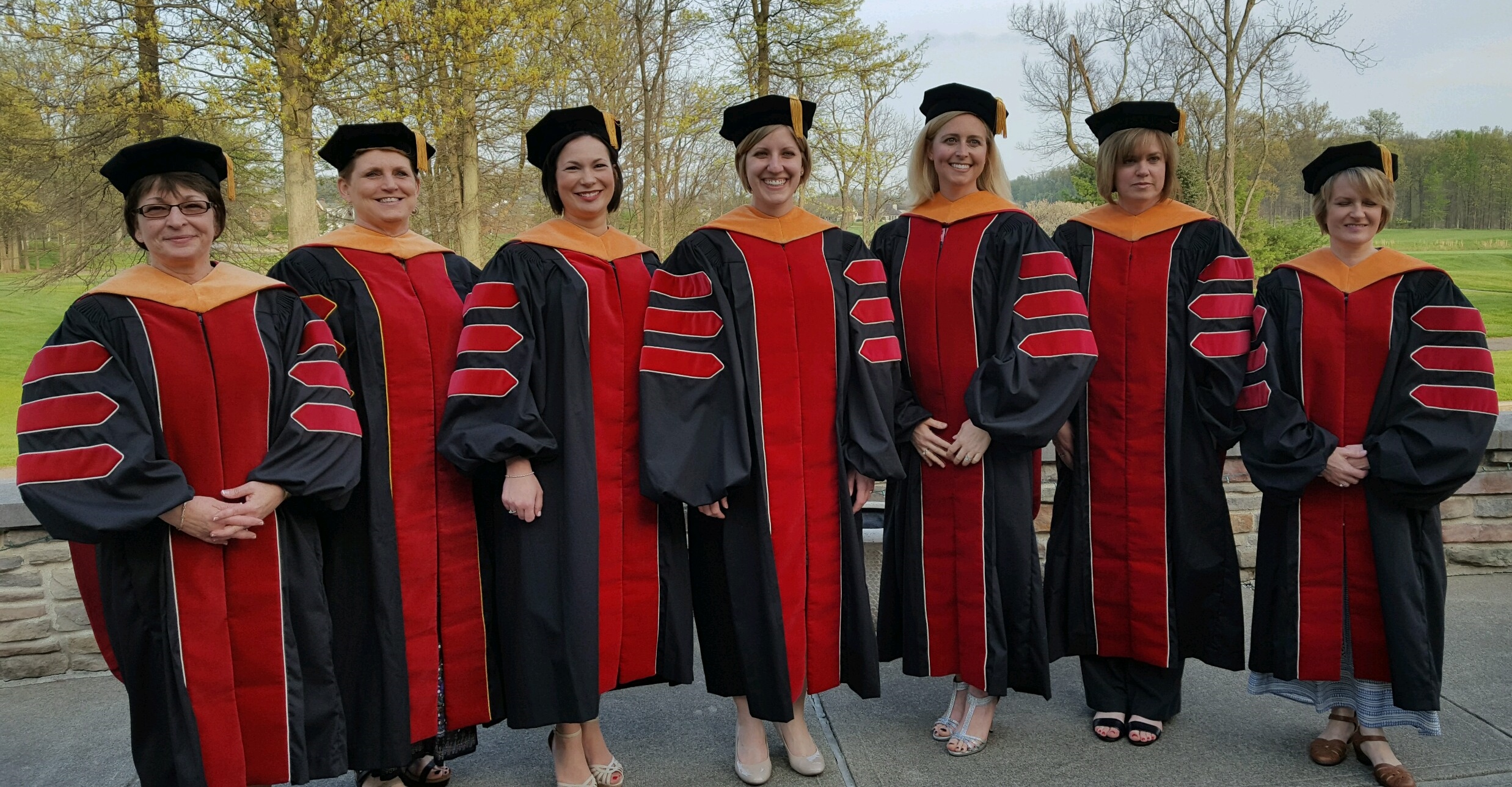Date of Award
Spring 5-2-2015
Document Type
Thesis
Degree Name
Doctor of Nursing Practice (DNP)
Department
Nursing
Advisor
Marjorie Vogt, PhD, DNP, CNP. CNE, FAANP
First Committee Member
Joy Shoemaker, DNP, CNP
Second Committee Member
Anne Goodman, MPH
Keywords
Falls; STEADI; Guidelines; Advanced Practice Nurses; APN
Subject Categories
Community Health and Preventive Medicine | Geriatric Nursing | Geriatrics | Medicine and Health Sciences | Trauma
Abstract
Falls are a significant public health issue resulting in a significant economic and social burden on society. Specific strategies are available that can reduce the risk of falling for older adults age 65 and older; however, providers have failed to integrate these guidelines into clinical practice (Rubenstein, Solomon & Roth, 2004; Chou, Tinetti, King, Irwin, & Fortinsky, 2006; Jones, Ghosh, Horn, Smith, & Vogt, 2011). The CDC has published the STEADI toolkit, a healthcare resource for integrating fall prevention guidelines into clinical practice; but little information is available on the knowledge and use of the STEADI toolkit by Advance Practice Nurses (APNs) or other providers.
The purpose of this quasi=experimental study was to examine APNs knowledge and use of fall prevention guidelines. A total of 28 APNs voluntarily participated in a continuing education program entitled “Fall Prevention and the new CDC STEADI Toolkit. After informed consent and the purpose of the study was explained, participants completed a pre-survey and post-survey on knowledge and intent to use the STEADI tool. Results indicated that the majority of APNs are aware of the significance of this health issue and consider themselves knowledgeable on the topic; however, are not consistent in their practice of fall prevention assessment and management. Barriers to fall risk assessment identified by participants included lack of time, lack of resources, and lack of ownership, which is consistent with previous findings (Chou et al., 2006 and Wenger et al., 2003). Additional studies are needed to determine strategies for increasing the use of the STEADI Toolkit, and to determine whether the use of the toolkit by providers actually reduces the occurrence of falls among their patients or actually facilitate provider compliance with fall prevention guidelines.
Recommended Citation
Hays, Katherine, "ADVANCED PRACTICE NURSES KNOWLEDGE AND USE OF FALL PREVENTION GUIDELINES" (2015). Doctor of Nursing Practice Scholarly Projects. 5.
https://digitalcommons.otterbein.edu/stu_doc/5
Included in
Community Health and Preventive Medicine Commons, Geriatric Nursing Commons, Geriatrics Commons, Trauma Commons

